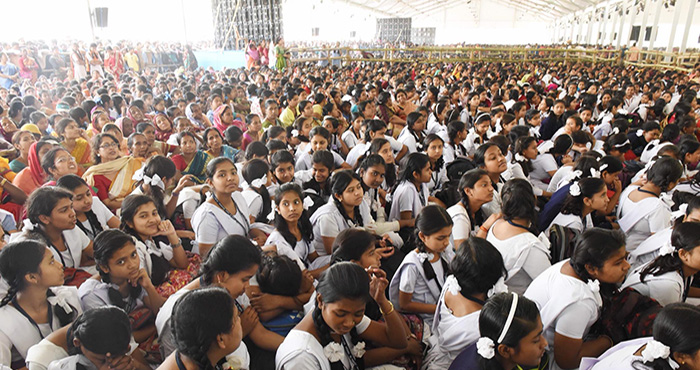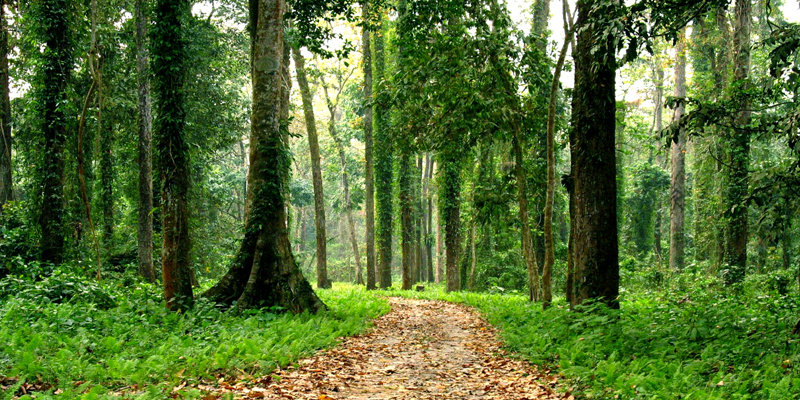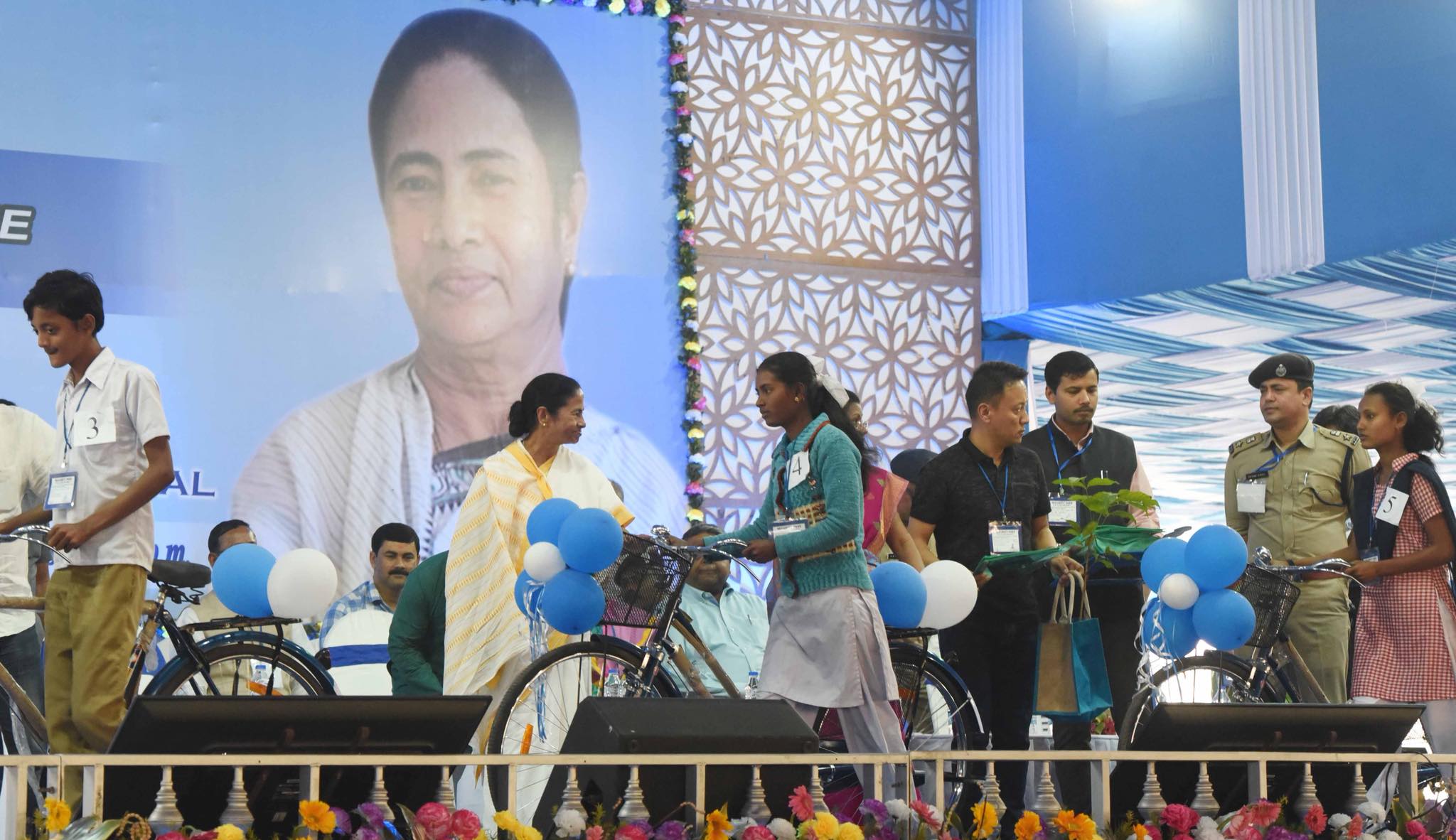On Wednesday, May 30, Chief Minister Mamata Banerjee held an administrative review meeting of Darjeeling and Kalimpong districts. Emphasising on the development roadmap, the Chief Minister advised the state government authorities in Darjeeling and Kalimpong districts to focus on the water supply, sewerage, construction and upkeep of roads and waste management.
Speaking at the administrative review meeting of the two districts in Kalimpong, she said: “Darjeeling and Kalimpong have immense potential. There is unmatched natural beauty here. It is your duty to present a clean and green Darjeeling to the tourists who visit these places. For the next two years, we should concentrate on four key areas — water, sewerage, roads and waste management.”
She asked the GTA and Hill Municipalities to sit with the Municipal and PHE departments in Kolkata during the next 10 days and work out a consolidated plan to resolve the drinking water crisis in the Hills.
She also insisted that henceforth funds for construction of houses of the beneficiaries through the 15 development boards should go directly to their bank accounts in two instalments. The Chief Minister spoke on the new avenues for employment generation for the youth and stressed on skill development to impart training in beautician courses, hospitality, as tourist guides and in the medical field as well.
Speaking of the immense potential in the field of tourism, she added: “Tourism industry is one of the most important industries of Bengal. We are giving a lot of emphasis to North Bengal as this place has a lot to offer. All projects have to be finished on time.”
She asked the state Tourism department and the GTA to renovate the Swiss Cottages in Mirik. De-siltation of the Mirik Lake, landscaping including gardens and pathways around the area is on the anvil. Inquiring about the progress of work at Tiger Hill, she stated that the gallery needs to be renovated. Around 19 tourist cottages are said to come up at Tiger Hill in Darjeeling.
The Chief Minister also asked the Power department to look into the electricity problems faced by Lava, Loleygaon and Reshyap in the Kalimpong district.
A proposal has also been given for six new police stations in Darjeeling and three in Kalimpong district. A new administrative building is being constructed in Kalimpong as well. Around 2 acre of land has been allotted for the Police Lines and correctional home in Kalimpong. Banerjee also inquired about the 100 day work scheme in Darjeeling and Kalimpong districts.
Around 500 schemes are underway in the Hills currently. Land right documents (pattas) will be handed over to 271 beneficiaries from the forest villages of Kalimpong on Thursday at Lohapool. The CM also inaugurated a number of projects on Thursday.










